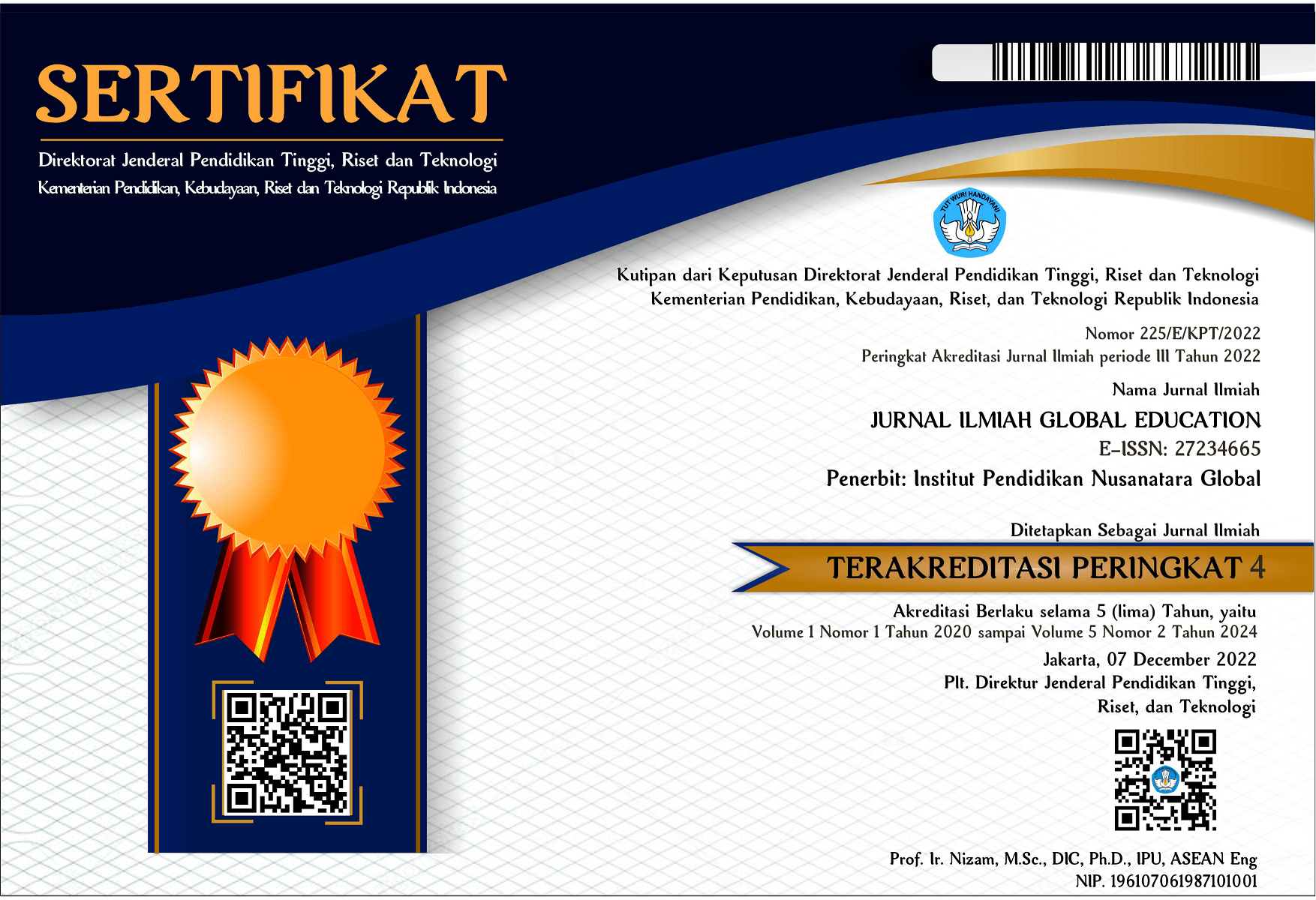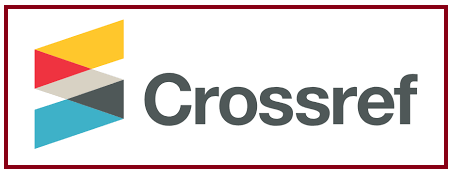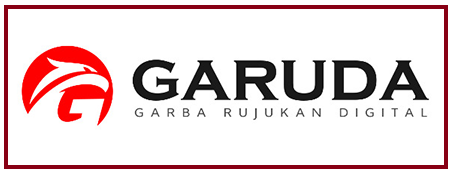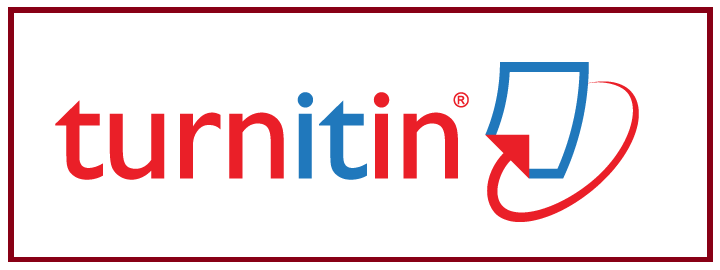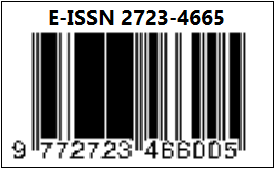HASIL BELAJAR KETERAMPILAN PROSES SAINS SISWA BERBASIS PENDEKATAN INKUIRI PADA MATERI EKOSISTEM
DOI:
https://doi.org/10.55681/jige.v2i1.74Keywords:
Learning Outcomes, Process Skills, Inquiry approachAbstract
The learning process on ecosystem materials still tends to be monotonous, students are not actively involved during the learning process. This causes a lack of student understanding of the concepts presented in this material. Teachers must be able to design process-oriented learning activities, so that students can develop their scientific skills. In this case, the learning process based on the inquiry-based approach is suitable for training students to create an active attitude, think critically, be able to solve problems, so that good learning outcomes are achieved. This study aims to describe the learning outcomes of students' process skills through the application of gas kinetic theory learning media based on the inquiry approach. The method used in this research is the One Shoot Case Study design. The subject of this research is class X MIA 1 MA Darul Aminin NW Aikmual. The data collection instrument is a test of the results of the learning process skills. The data analysis technique used is descriptive analysis. The results showed that the average student's process skill absorption was in the good category of 74.95%. The level of process skills shows that 81.25% of students have good basic skills, while the integrated skills are 68.75%. It can be said that the application of learning media in the form of experimental devices based on the inquiry approach can improve the learning outcomes of students' process skills in ecosystem materials.
Downloads
Downloads
Published
How to Cite
Issue
Section
License
Copyright (c) 2021 JURNAL ILMIAH GLOBAL EDUCATION

This work is licensed under a Creative Commons Attribution-ShareAlike 4.0 International License.


